This latest interview is a special one with a special guest – my father, Steve Hammock!
An accomplished business professional, he was president of Watkins Wellness, the leader in the worldwide hot tub and swim spa industry, for over 25 years. While growing that company into the hundreds of millions in revenue, he was also highly accomplished on the personal side as well – raising 5 kids and maintaining his marriage of nearly 35 years.
As a newly minted parent of a six-month old, I find myself constantly thinking about the lessons I learned in my own childhood from my own father. And as someone who is always working to grow and expand his career, the business lessons that my dad imparted to me are also invaluable.
In a way, then, this is a post on the ground zero of where I developed a sense of resilience – watching my dad work to provide for his family, develop a loving relationship with his wife and kids, and grow a successful company.
In this interview, you’ll learn about building a strong and resilient, company culture, how culture pays dividends in challenging economic times, the critical importance of keeping your customer at the center of your target, the parallels of business and family, and what my dad learned from his own father.
If you enjoyed this interview and would like to contact Steve Hammock, you can contact him here.
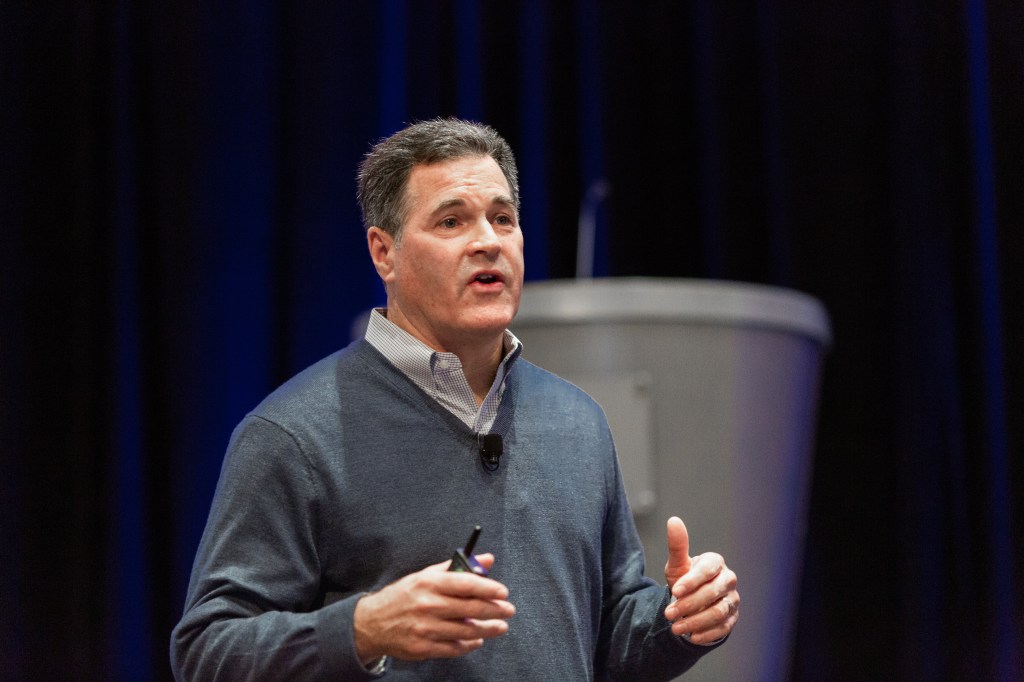
I’m primarily interested in the concept of resilience – personal, communal, and societal. What does resilience mean to you?
Well, we certainly all know what the definition of resilience is. We know too, that life is hard, business is hard, parenting is hard, and relationships are hard. Resilience is about navigating your way through all that. But for me, resilience has primarily been about growth.
I’ve always believed that you’re either growing or you’re shrinking. You’re moving forward, or you’re moving backwards. In a business sense, we really don’t have the ability to stand still!
If you think about it in a business context, the primary reason companies go out of business is that they can’t figure out a way to grow. To me, that fails the resilience test. In business, there’s going to be a lot coming at you, and the way to win is to grow your way out of it.
Can you take us through a cliff notes of your career journey?
I’ve sort of had a different type of career by modern standards. I only worked for two companies after leaving college – one for a relatively short time, and then the other for over 40 years.
I joined what was a rather small, very young, consumer products manufacturing business in the early 1980s. I started in a low level, sort of an entry level marketing job. I grew my career with that company as it grew along a sales and marketing track. After a couple years I became the Marketing Manager, then National Sales Manager, Director of Sales and Marketing, the Executive Vice President, and lastly, I had the privilege to serve as company president for the past 25 years.
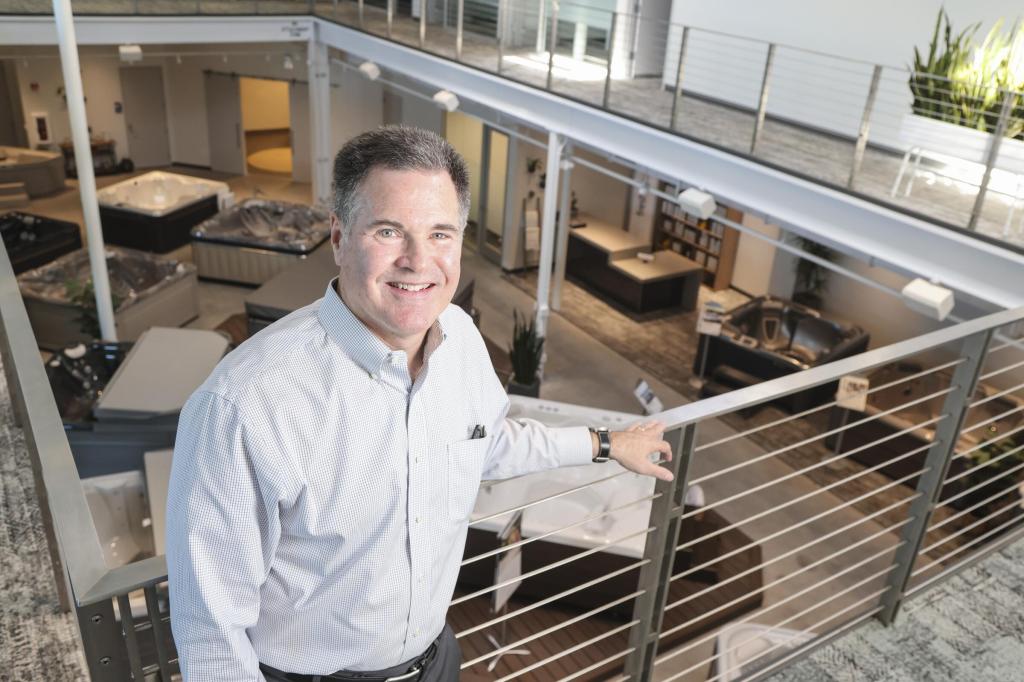
You were the President of Watkins Wellness for a number of years. The company grew and transformed an incredible amount during your tenure. What were you most proud of?
Gosh, a lot of things!
First of all, our growth was phenomenal over a very long period of time. We grew to the point where we became the number one company in our industry, and maintained that leadership position for at least the last 30 years in a row. You’d be hard-pressed to think of another company in any industry that has ever done that.
We navigated our way through the public company space, which is difficult in its own right. We also had tremendous success after emerging from the Great Recession, which was very difficult.
I am certainly, too, proud of the way we handled COVID. We were a company that got shut down for 16 weeks, so restarting all our factories was a huge task.
But I think if I had to pick one thing, it was the culture that we built at our company. We did a great job, I think, of inculcating a growth mindset, giving our people purpose, and creating a culture where everybody pulled on the same oar.
In fact, we won top workplace here in San Diego County multiple times, and that’s an award that is voted on by your employees. So, while I think hitting all of our business milestones was rewarding, it was really the culture of the company that we built that was “that one thing” I’m most proud of.
Was a strong company culture something that you had always set out to create? Or did you notice it happening organically, and you worked to incubate it? Was it a byproduct of the growth and success Watkins was having?
Well, I think cultures are developed off the personalities of your leaders. Certainly, I had a personality, and I think over the years we did a great job of hiring the right people to get us where we needed to go. We always walked our own talk, if you will, and challenged everyone to call us out when we didn’t! But many years ago, maybe over 20 years ago, we took a good look at our company, why we had been successful, why our employees were happy, what made us unique and special, and why our employees rated us so highly, and we formalized our value system. That gave us a roadmap to stay on as we grew.
As you know, the more you grow and the bigger you get, the harder it is to hang on to those unique things that make you, you. By formalizing our culture, making it a centerpiece of what we talked about on an ongoing basis, and then hiring people that were motivated by who we were and wanted to be a part of it, it helped us maintain our guiding principles as we got bigger.
You also were president during a number of challenging times and recessions. Can you discuss a major obstacle that you overcame, and how you overcame it? Does culture help build resilience to navigate challenging times?
Culture absolutely helps you – if you take care of your people when times are good, they will be there for you when the times get tough. We saw that play out in our business time and time again over the four decades. For example, everyone talks about the Great Recession starting in 2008. But in our particular category, since we were so tied to the housing market, it really started in July of 2005 and extended all the way through 2009! It was a very long, very tough time.
We made expensive products that oftentimes needed to be financed, and during that period all the funding sources were wiped out. There was no home equity for people to borrow against and your traditional lenders weren’t lending. It was a pretty desperate time. Since we were a discretionary product, we produced the kind of things people defer when times get tough. As a result, we lost half of our top line over that period. But we still made a profit, even at the very bottom, which obviously is the goal of business. That was a reflection on how our people battled.
We made money because we always had our customers in the center of our target. If you have your customer in the center of your target, you’re going to do fine. Most companies, I think, and most people, have someone or something in the center of their target, other than their customer. In my opinion, that’s when companies run into trouble.
We also were very tough to compete against. We were an extremely agile group, and we weren’t wedded to any specific products. If it sold, we kept it, if it didn’t, we moved on. We knew that when we got into those tough times, our traditional retail customer was going to be out of the market for a very long time. We had to do something different. So, we pivoted to different products, different customer segments, different channels, and things like that. So agility, I’d say, would be another component to answering your resilience question.
Being last one standing in a space that is being wiped out doesn’t help you! The inclination often, is to hang on to what you have, and ride it down. We didn’t do that. We were conscious enough of what was going on to say, “Hey, you know what? That’s not going to work anymore, we have to do something else.” And we did. Again, since our people were all-in on our mission, we did a lot of something-else’s, and it ended up paying dividends.
You’ve told me that one of the most important qualities a leader can have is the ability to decide. Can you expand on that? What other qualities are important for a leader (or in general, a businessman) to have?
Well, obviously a business is made up of a lot of leaders, so really the decision-making comment I think applies mostly to the person at the top. Not everybody is built to be a number one. There are a lot of great number twos out there that really aren’t the right people to be number ones. I think in my experience, the primary thing that separates someone at the top of a business, who does well there, from otherwise really smart people who don’t, is the ability to make a decision on time. On time always means before it’s obvious to everyone else.
As an example – I always looked at growth as the main thing. No matter the environment, you’ve got to grow. Growing requires rolling the dice. You’ve got to take some chances. But once the right direction becomes obvious to everybody else, the move has already happened! So you have to move before having all the information, and that requires a certain amount of fortitude that a lot people don’t possess. In the business that I was involved in, we made a lot of really impactful decisions before it was obvious to everyone else, and that made us very tough to compete against.
So there’s a certain appetite for risk that must be there as well.
It’s absolutely required, absolutely required!
I mean, honestly, if you want to be a “me-too” business, that’ll last for a while, but again, companies go out of business because they can’t figure out how to grow or how to innovate. So, in your parlance, that means they fail the resilience test. But in order to grow, you must be “first” a lot of times! Yes, you almost always have to be better, but you also have to be first.
First means that you have to come out of the box before your competitor is ready to move. That’s risk. So, it’s classic risk and reward. And you won’t always be right. I sure wasn’t. We made plenty of mistakes, but over the long haul, we were right way more than we were wrong.

Not only did you find success in business, but you were (and are) a great dad to five kids! Can you talk about how you worked to build resilience in your family life? What, in your opinion, makes a resilient family?
I think there are a lot of business parallels!
You have to stand for something, you have to have values. I think the greatest virtue to have in business is transparency. I’m going to skip around on you here a little bit, but communication is always key, and transparency is the most important part of good communication.
When you think about a company, literally everyone working there is doing it for a living. That means that everybody is equally vested. Therefore, the more people understand what you’re trying to do, where you’re trying to go, and how you’re doing along the way, the better off they are, right? All employees really need to know four things – Where are we now? Where are we going? What role do I play? And what do I get if we get there?
It’s my belief that, in order to do the best job possible, a person needs to know everything he/she thinks they need to know. It’s a simple concept. If you think you need to know something, then you probably do.
In our business, we would say, “If there’s something you think you need to know in order to do your best job, please tell us what it is, and we’ll get the answer for you.” That’s how you empower your people. We spent an awful lot of time teaching our teams about the company, why we do what we do, why we don’t do what we don’t do, how our profits are made, how we go to market, what our channels are all about. The more that teammates understand about the entirety of the business, even if it doesn’t relate to their specific function, the more valuable their opinion becomes. Since we are all equally vested, all opinions mattered.
When you’re running a big business, you got to be listening to everybody, because nobody has all the answers. It’s the basic philosophy of “everybody is in it together”.
All of that is to say – many of the tools required to build a winning culture in business, and are the same ones needed to build resilient families!
You have to stand for something, you have to have a certain set of principles, you have to walk the talk, you have to impress upon your own children that you’re actually the kind of person you say you are. If you want to be a good dad, start by being a good husband. Respect your partner, treat them well.
Similar to my previous comment, in our family, our kids were in the center of our target. If the kids are in the center of your target, then that’s where you’ll spend your time. If you walk that talk, you end up with some pretty good kids.
Heck, even though you and the rest of our kids are all grown up, I think the five of you are still in the center of our target.
Is ensuring that the kids are at the “center of the target” how you are able to find the balance between work and family life? How did you find that balance?
Yeah, it’s funny you bring up balance. I don’t know if I did find the balance!
I mean, I tried to do what I could, but there’s a lot of ways to do it. In our family, we were very traditional. I went to work, I made money so we could pay for things, and your mother spent her career raising you kids. My job when I was home, was to be present, to show up for things, and to inculcate the gifts of hard work, integrity, humility, and those other personal qualities that you want your children to have.
The goals we set were mostly ensuring that each of you was reaching high. We told each of you that if you reached super high and attained something great, we would be there to support you. And I think that’s how it worked out. We had a plan, and we executed that plan. Of course, in our family, staying close to God and being a faith-filled family also played a major role.
What would you consider your greatest success on the family side to be? Were there any significant obstacles?
Well, we live here in Southern California, and we had five kids. It’s an expensive proposition! Everybody worked really hard in school and earned their way into really top colleges. That cost a lot of money, so these were obstacles that required us to make decisions. Again, we prioritized our children over ourselves.
That said, I think in any family that’s going to work, the parents have to take care of their relationship first. In our case, a strong marriage has been, and is, key. When you do have kids, you’re undoubtedly going to say no to things a lot – but you have to explain the whys behind the reasoning. This is the transparency part! You communicate from within values and the principles we established for our own family, and the understanding is there.
Our goal was to raise five great citizens, and I believe that we’ve done that.
Your own father was a colonel in the Air Force. What lessons did he impart to you about business or family?
Well, he was a man of integrity and a man of humility. He was a pretty simple guy, a man of few words. But first and foremost, his main lesson was always, “Be honest”. Adjacent to that was, “Do the right thing”. That’s it really. Pretty simple. If you’re honest with the people that you love, be honest with the people who love you, honest with those who work for you, and mostly, be honest with yourself, you’ll go far. He would also always say, after do the right thing, “And you know what that is.”
That second rejoinder is not unimportant! The right thing can change in the moment! But he would always say, “And you know what that is.” Again, one of my goals in life is to live guilt-free, because guilt is so debilitating. If you do the right thing because you know what it is and you’re honest with yourself, you can live a guilt-free life.
What’s better than that?
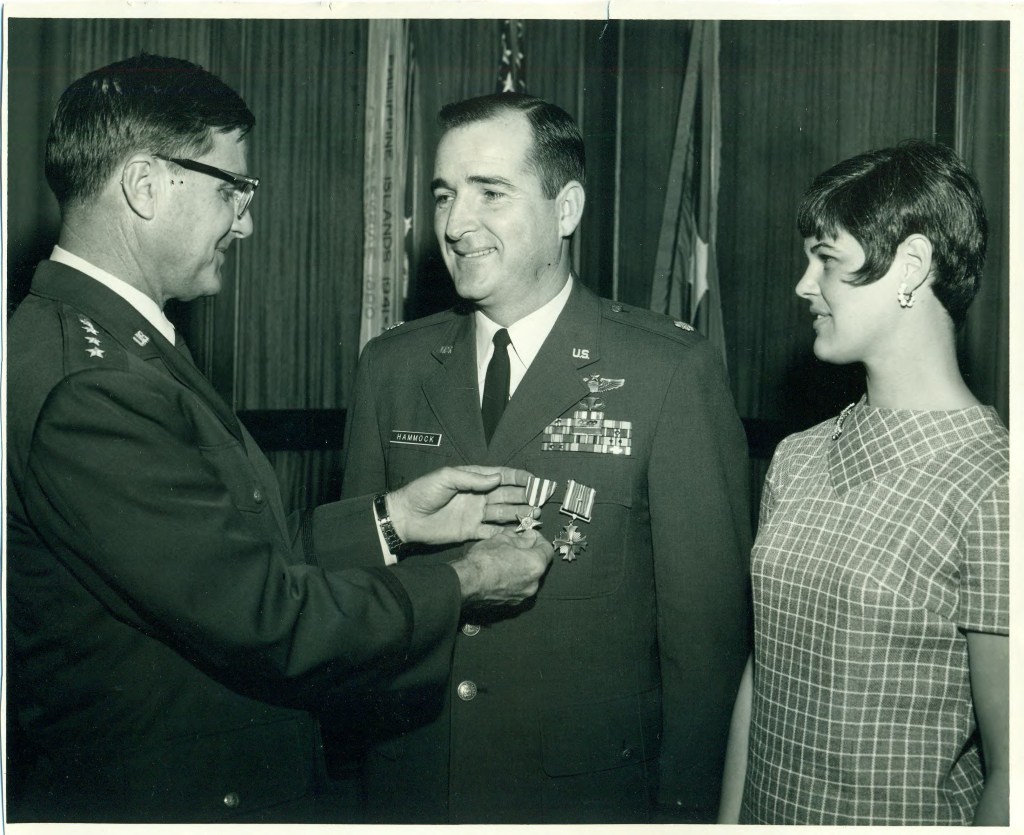
How has the transition to retirement been? Was there anything unexpected? Anything easier or more difficult than expected?
What’s been the most interesting is that I don’t miss work – and I thought I would. I do miss talking about business and talking about work, and I do know that I’ve got more to give. Right now, I’m trying to think through how I’m going to do that going forward.
I certainly have more aches and pains than I was expecting to have, ha! All this golf and tennis comes with a downside, I guess. But retirement’s been pretty smooth so far.
I’ve always been a person that worked off lists, and I write out a list every day of some things that I want to accomplish. I move through that list, and get a lot done, so it definitely hasn’t been boring.
How’s the transition been to grandfather?
Well, it’s been pretty easy for me, because I’m not doing that much! I think my opportunity will come after the baby stage. Our little grandson is still a baby, so it’s grandma’s time to shine right now.
But I think the most rewarding part, not that we don’t have a beautiful boy there, has just been watching you as a parent and watching your relationship with your wife grow. Just seeing the two of you and how you’re taking care of your child and maturing, and again, doing the right thing has been so impressive to watch. So, I think that’s been the most rewarding part of being a grandfather thus far.
Wow, thank you! So, what’s next for Steve Hammock?
I don’t know. Like I said, I’ve always been somebody that had a plan and I don’t really have a plan right now, and I think I’m good with that. But I do have some talent and I do have some gifts, and I still have a lot of energy. I wanted to take some time and just sort of live life, which we’ve been doing right now, but I’m starting to contemplate how I want to channel my professional energies going forward.
Have a proposition for what Steve Hammock should do with his free time? Want to reach out to him to learn more? Contact him here.
If you enjoyed this post, please share this post, or comment your thoughts below. In addition, if you have ideas for my next feature, please drop me a line here.
Want to learn more? Go more in depth here:
San Diego Union-Tribune Interview with Steve Hammock on Leadership
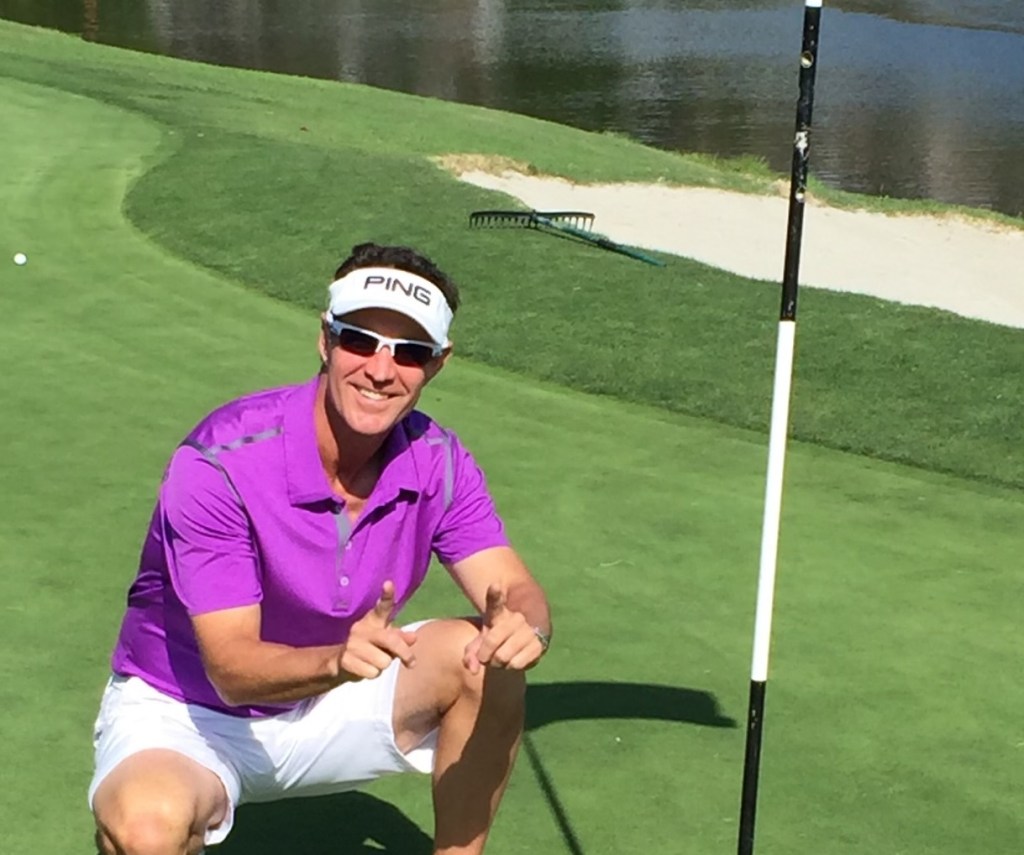
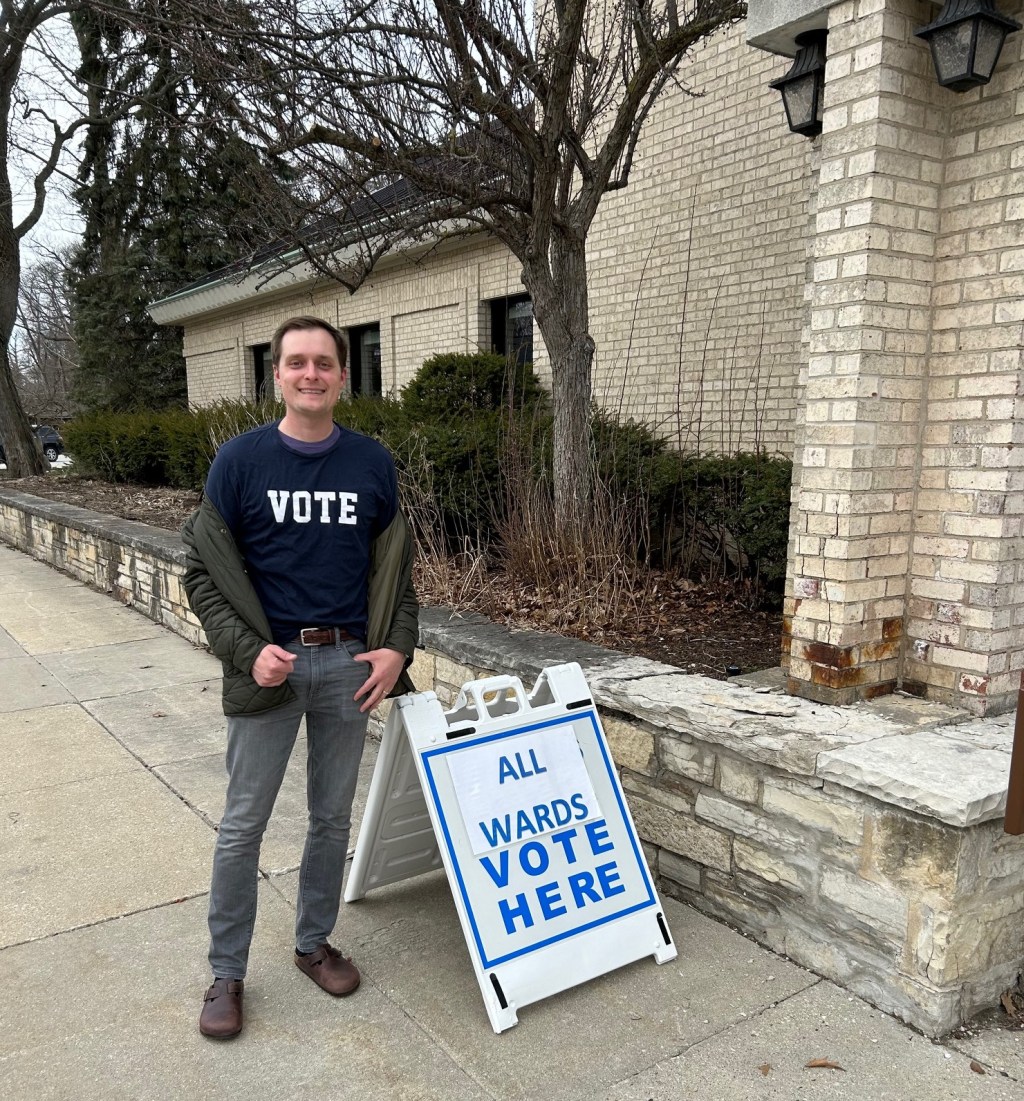

Leave a comment